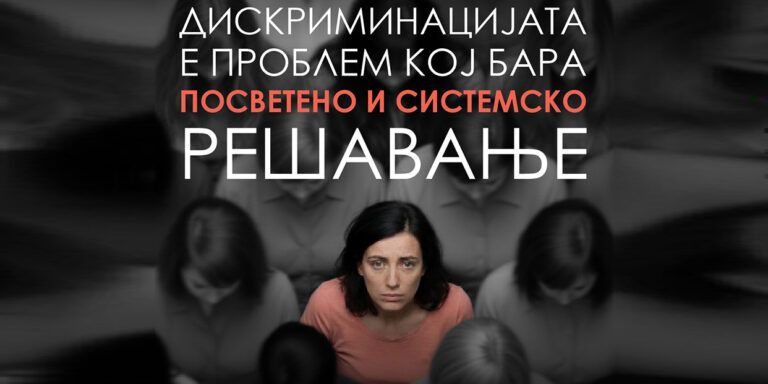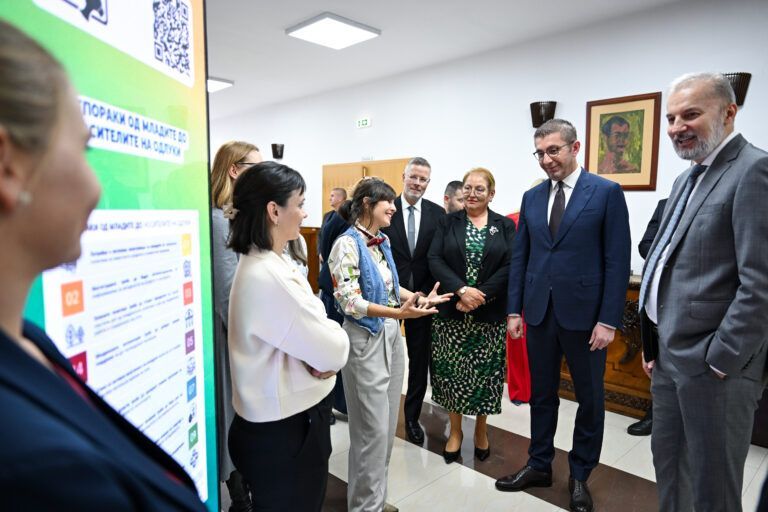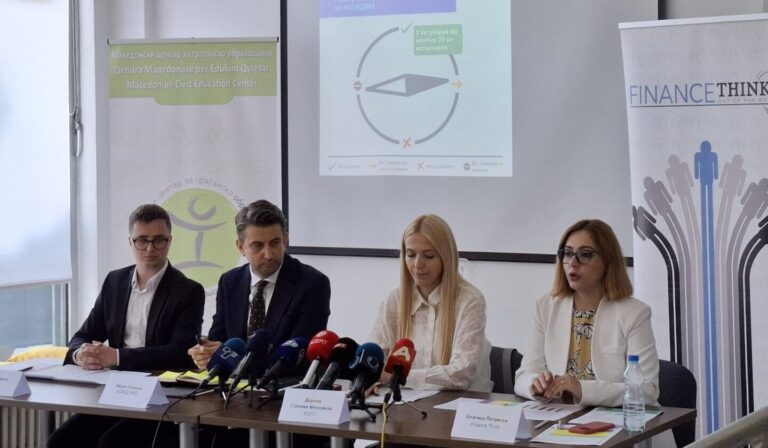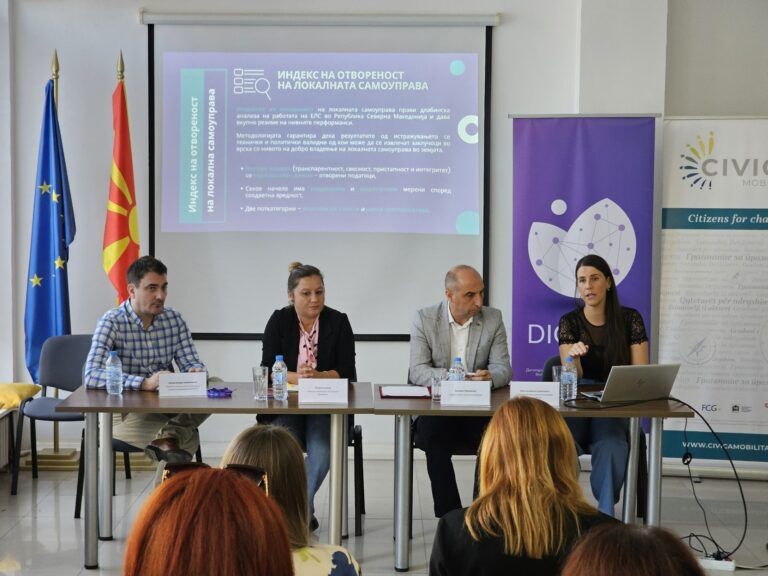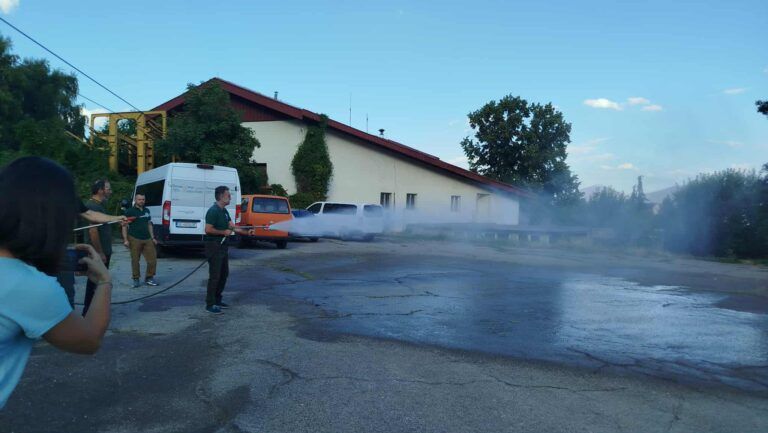Cancer Kills the Most in Sveti Nikole
Breast cancer cases have risen by 50% in Sveti Nikole in just two years. In 2016, 20 breast cancer cases were registered in the Ovchepolie region. Residents suspect the drinking water from the former “Mavrovica” system may be to blame. No one is investigating the causes of this disease.
Author: Goran Lefkov
Sveti Nikole is among the leaders in registered breast cancer cases. Last year, as many as 40% of all breast cancer cases in the Vardar Region were recorded in Ovchepolie. According to data obtained from the Public Health Center in Veles via the Law on Free Access to Public Information, the small Ovchepolie town had 20 breast cancer cases last year. Kavadarci had the same number of patients, even though it is twice the size of Sveti Nikole. In the other centers in this region — Veles, Negotino, and Gevgelija — there were only 10 new cases combined.
No one knows the exact causes of such high breast cancer rates in Sveti Nikole. Various possible factors are speculated about, but none have been investigated. We spoke with several doctors monitoring this situation.
Oncologist Milan Risteski, former director of the Oncology Clinic, says that about 1,200 women are diagnosed with breast cancer annually in Macedonia.
“Breast cancer accounts for about 50% of all newly registered female cancer patients,” says Risteski.
The national average in Macedonia is 5.7 women per 10,000 residents diagnosed with breast cancer. In Sveti Nikole, the figure is 11 per 10,000 — twice the national average.
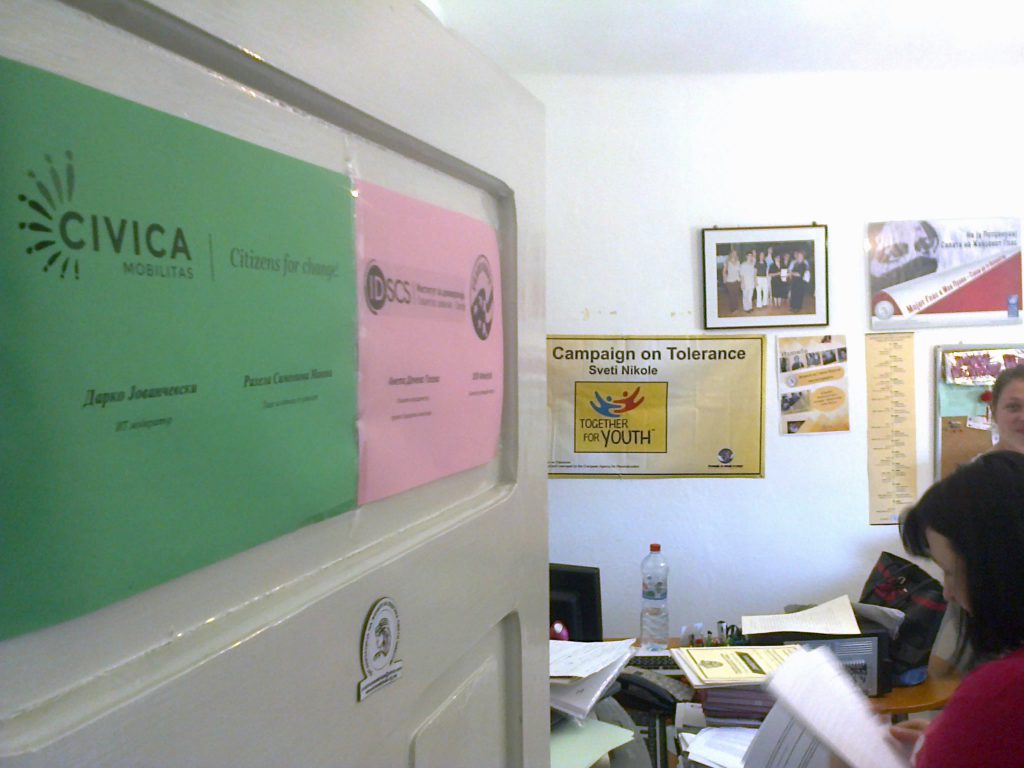
Such alarming conditions have mobilized the women of this town, who have started taking action through the Sveti Nikole Women’s Organization — an NGO financially supported by the Swiss Agency for Development through the Civica Mobilitas program — which began helping women with this illness over 20 years ago.
Water: For Some, Life — For Others, Death
No one knows the precise cause of the high breast cancer rate.
Dr. Pance Josev once had provisional means to investigate possible causes of cancer in Ovchepolie.
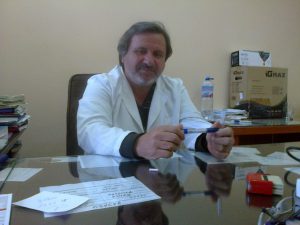
“When I started working as a young doctor in the Sveti Nikole Health Center, I was sent to an international congress in Ohrid. Data presented there showed that Sveti Nikole led Macedonia in cancer cases. I was disturbed and requested a discussion to determine the cause. Upon returning, the then-director relieved me of regular duties and tasked me with investigating possible causes,” recalls Dr. Josev.
He began by examining the asbestos mine in Bogoslovec but found no evidence linking it to the high cancer rate.
“The director gave me a list of all current and former mine employees — all were alive and healthy except for one, who died at an advanced age. Workers were covered in fine asbestos dust, but none developed cancer. This made me doubt asbestos was the cause, especially for breast cancer,” says Josev.
His next target was the antenna at Gjurishta Mountain, 15 km from Sveti Nikole, used for weather forecasting and covering half the Balkans.
„Ниту еден вработен во таа станица немаше заболен. Ако зрачењето е толку штетно, и некој од нивните вработени ќе бил заболен. Тие зраци се пуштаат на 200 до 300 метри над Свети Николе, така што причината за радарот во Свети Николе ја елиминирав тогаш“, се сеќава Јосев.
Finally, he examined the water.
“Potassium permanganate consumption was eight times higher than normal, indicating large amounts of organic matter. Manganese levels were also high. A water sample sent to a Brussels laboratory showed a high percentage of organic matter. During chlorination in water treatment, chlorine reacts with organics to form trihalomethanes — highly carcinogenic compounds. We already had initial indications of a cancer-causing factor. It’s assumed Sveti Nikole is paying the price for trihalomethanes,” says Josev.
He also criticized local officials:
“I don’t know why the then-director of the municipal utility claimed our water was better than Rasche’s when it was bad. Every Public Health Center report stated in red that the water was unfit for consumption and urgent measures were needed,” says Josev.
We consulted Trajce Stafilov from the Institute of Chemistry, but he couldn’t provide detailed information on trihalomethanes’ carcinogenic impact.
According to Dr. Risteski, the compound can be carcinogenic, but detailed research into multiple factors is necessary. Current findings are insufficient to pinpoint the cause.
The Sveti Nikole Women’s Organization Takes on Breast Cancer
Unable to sit idly by, the women — led by former president Vera Zlateva, who herself died of breast cancer — began offering support to women.
From the start, the group included Dr. Gordana Miteva from the women’s self-help group.
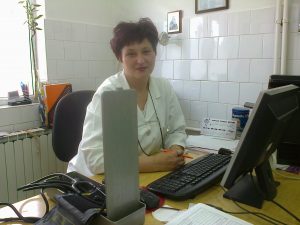
“We learned Sveti Nikole ranked first in breast cancer mortality in Macedonia. We launched two actions: to educate women on prevention and to hold breast cancer workshops. We also started self-help groups for patients,” says Dr. Miteva.
These groups have operated since 2001, including educators like psychologists and doctors.
Current president Daniela Paneva says they have since expanded their activities:
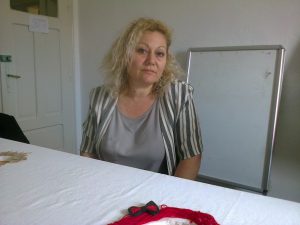
“We defend women’s rights and help as much as possible, even financially. We lobbied for changes to the Health Protection Law introducing free gynecological exams and mammography for early detection. In 2004, we lobbied for free Pap tests. Together with 15 other NGOs, we initiated these legal changes,” says Paneva.
The municipality also supports them when needed.
Project coordinator Jasmina Trajcheva highlights their focus on women with malignant diseases and national lobbying for free annual screenings
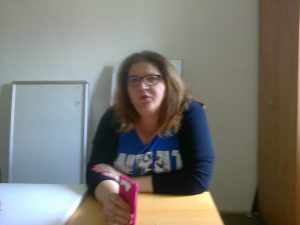
“Women with malignant diseases are our target group in the Organization of Women’s health program. The focus is on malignant diseases, as we have a group of women diagnosed with and treated for malignant illnesses,” says Trajcheva.
She adds that the Organization of Women of Sveti Nikole, together with 16 other national-level women’s NGOs, successfully lobbied for the introduction of an amendment to provide free gynecological examinations and an annual screening program for every woman.
Former Health Minister Imer Selmani recalls that, at their initiative, Macedonia obtained its first mammography machine in Sveti Nikole, which was later expanded to other medical centers.
“The Organization of Women of Sveti Nikole is very active. It has fought and continues to fight to raise awareness, especially among women, about the dangers of breast cancer. It is one of the first organizations I came into contact with as minister — I received them, and later visited them in Sveti Nikole. The municipality of Sveti Nikole ranks high in the number of women diagnosed with breast cancer. After that meeting with the Organization of Women of Sveti Nikole, following a proposal from the Ministry of Health during my term as minister, the Government decided to purchase a mammography machine,” Selmani says.
He adds that after Sveti Nikole, the decision was made to procure additional mammography machines for other medical centers across Macedonia. The Organization of Women is credited not only for the purchase of the one in Sveti Nikole but also for those in other locations.
The NGO “Borka” from Skopje also maintains close cooperation, especially in the “Think Pink” breast cancer awareness campaign.
Is This Enough? No. Macedonia still has no cancer registry, complicating the fight against the disease.
A Brief History of Sveti Nikole’s Water Supply
The history of the systemic use of water in Sveti Nikole began in 1965, when the city’s water supply system was built. At that time, the city used water from wells.
- 1965: Town water supply built, using wells.
- 1984: “Mavrovica” dam built, supplying drinking water.
- 2003: Water declared technical, banned for drinking.
- Post-2003: Excavations at Divljak site — water rarely or never used.
- 2009: Trial use of water from “Zletovica” hydrosystem.
- 2012: Officially billed to consumers.
This story was produced within the framework of the project “Reporting on Civil Society and Its Impact on Social Change”, implemented by the Macedonian Institute for Media in partnership with the Center for Investigative Journalism – SCOOP Macedonia, with financial support from the Civica Mobilitas program.



